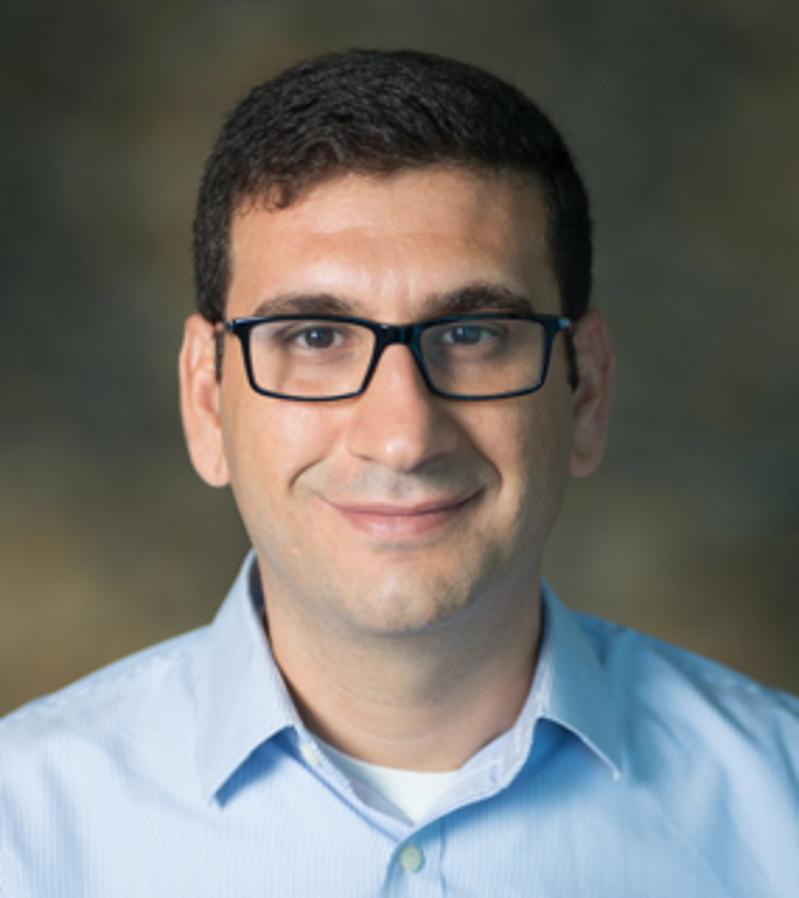You are here :
Salim el Rouayheb

Presentation
Salim El Rouayheb is an associate professor in the Electrical and Computer Engineering (ECE) Department at Rutgers University. From 2013 to 2017, he was an assistant professor at the ECE Department at the Illinois Institute of Technology, Chicago. He was a research scholar at the Electrical Engineering Department at Princeton University (2012-2013) and a postdoc at the EECS department at the University of California, Berkeley (2010-2011). He received his Ph.D. degree in electrical engineering from Texas A&M University, College Station, in 2009. In 2019, he was the Rutgers University Walter Tyson Junior Faculty Chair. He received the Google Faculty Award in 2018 and the NSF CAREER award in 2016. His research interests lie in the area of information theoretic security and privacy of data in networks and distributed systems.
Research Project
Information-Theoretic Security for Distributed Learning Algorithms in Internet of Things.
The Internet of Things (IoT) is emerging as a new paradigm connecting an exponentially increasing number of devices, with vast applications such as healthcare, smart cities and self-driving vehicles . IoT applications typically require data processing through computationally intensive distributed learning algorithms with stringent reliability and security constraints. In many scenarios, these algorithms cannot be run locally on the computationally-limited IoT-devices and are outsourced to the cloud (or fog). This leaves the IoT vulnerable for security attacks that can jeopardize the data and/or disconnect it from the cloud, rendering it ineffective and causing tremendous damage.
This project aims to study Secure Coded Computations as a novel solution to mitigate the computational bottleneck by allowing IoT devices to help each other in their computations, with possible help from the cloud if available. Our key tool is the theory of error-correcting codes that are designed for secure computations and that will improve the performance of distributed algorithms through "smart" data redundancy schemes. The work will focus two major challenges specific to IoT applications and edge computing: (i) moving computations (or part of it) to be done locally on the IoT-devices may render the network even more vulnerable to security attacks given the low capability (computation, memory, etc.) of these devices; and (ii) IoT networks are highly heterogeneous and dynamic in nature. The research agenda will focus on information theoretic security to develop low complexity algorithms that can be implemented on the IoT devices. In addition, the focus will be on adaptive schemes that can respond to the changing environment and resources in IoT applications.


